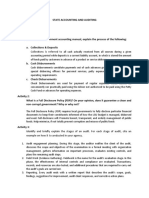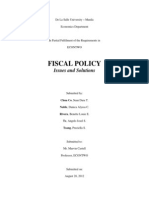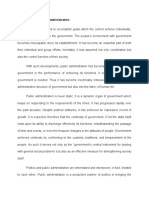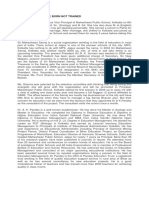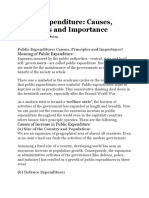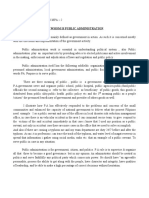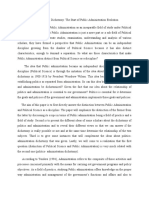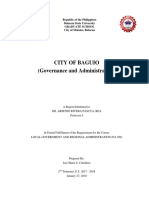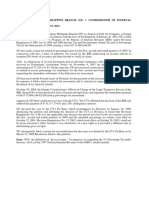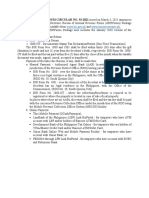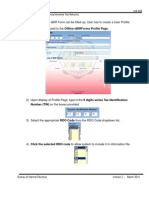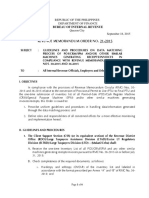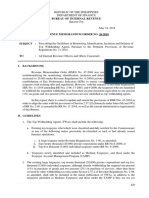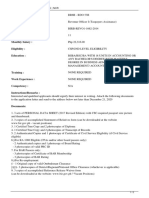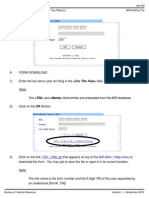100% found this document useful (1 vote)
144 views8 pagesPublic Fiscal Report Script
The document discusses fiscal policy and tax evasion in the Philippines. It provides an overview of fiscal policy approaches under different presidential administrations. It then examines corporate tax evasion, defining it as a scheme to avoid lawful tax payments. Common evasion practices and their legal consequences are outlined. Statistics on the largest tax evasion cases and illicit financial outflows from the Philippines are presented, highlighting the negative economic impacts of lost government revenue from tax evasion.
Uploaded by
MIS Informal Settler FamiliesCopyright
© © All Rights Reserved
We take content rights seriously. If you suspect this is your content, claim it here.
Available Formats
Download as DOCX, PDF, TXT or read online on Scribd
100% found this document useful (1 vote)
144 views8 pagesPublic Fiscal Report Script
The document discusses fiscal policy and tax evasion in the Philippines. It provides an overview of fiscal policy approaches under different presidential administrations. It then examines corporate tax evasion, defining it as a scheme to avoid lawful tax payments. Common evasion practices and their legal consequences are outlined. Statistics on the largest tax evasion cases and illicit financial outflows from the Philippines are presented, highlighting the negative economic impacts of lost government revenue from tax evasion.
Uploaded by
MIS Informal Settler FamiliesCopyright
© © All Rights Reserved
We take content rights seriously. If you suspect this is your content, claim it here.
Available Formats
Download as DOCX, PDF, TXT or read online on Scribd
/ 8









